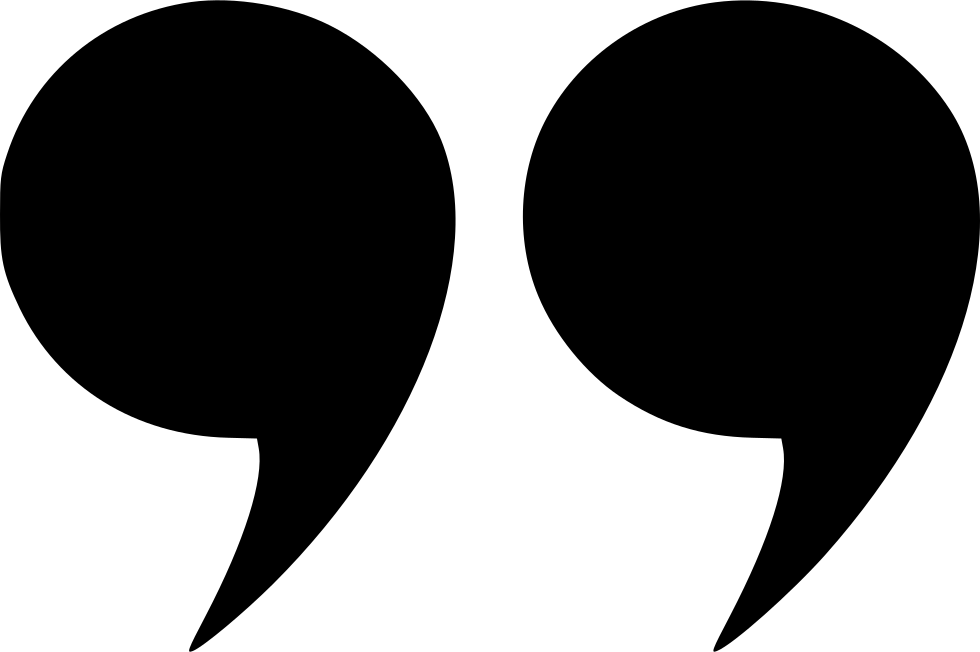

Main Difference
The main difference between Coma and Comma is that the Coma is a state of unconsciousness and Comma is a punctuation mark.
-
Coma
Coma is a state of unconsciousness in which a person cannot be awakened; fails to respond normally to painful stimuli, light, or sound; lacks a normal wake-sleep cycle; and does not initiate voluntary actions. A person in a state of coma is described as being comatose. A comatose state may derive from natural causes, or may be medically induced.
A comatose person exhibits a complete absence of wakefulness and is unable to consciously feel, speak, hear, or move. Clinically, a coma can be defined as the inability to consistently follow a one-step command. It can also be defined as a score of ≤ 8 on the Glasgow Coma Scale lasting ≥ 6 hours. For a patient to maintain consciousness, two important neurological components must function. The first is the cerebral cortex—the gray matter that forms the outer layer of the brain. The other is a structure located in the brainstem, called reticular activating system (RAS).Injury to either or both of these components is sufficient to cause a patient to experience a coma. The cerebral cortex is a group of tight, dense, “gray matter” composed of the nuclei of the neurons whose axons then form the “white matter,” and is responsible for perception, relay of the sensory input via the thalamic pathway, and many other neurological functions, including complex thinking.
RAS, on the other hand, is a more primitive structure in the brainstem which includes the reticular formation (RF). The RAS area of the brain has two tracts, the ascending and descending tract. Made up of a system of acetylcholine-producing neurons, the ascending track, or ascending reticular activating system (ARAS), works to arouse and wake up the brain, from the RF, through the thalamus, and then finally to the cerebral cortex. A failure in ARAS functioning may thus lead to a coma.
-
Comma
The comma ( , ) is a punctuation mark that appears in several variants in different languages. It has the same shape as an apostrophe ( ‘ ) or single closing quotation mark in many typefaces, but it differs from them in being placed on the baseline of the text. Some typefaces render it as a small line, slightly curved or straight but inclined from the vertical, or with the appearance of a small, filled-in figure 9.
The comma is used in many contexts and languages, mainly for separating parts of a sentence such as clauses, and items in lists, particularly when there are three or more items listed. The word comma comes from the Greek κόμμα (kómma), which originally meant a cut-off piece; specifically, in grammar, a short clause.A comma-shaped mark is used as a diacritic in several writing systems, and is considered distinct from the cedilla. The rough and smooth breathings (ἁ, ἀ) appear above the letter in Ancient Greek, and the comma diacritic appears below the letter in Latvian, Romanian, and Livonian.
-
Coma (noun)
A state of unconsciousness from which one may not wake up, usually induced by some form of trauma.
-
Coma (noun)
A cloud of dust surrounding the nucleus of a comet.
-
Coma (noun)
A defect characterized by diffuse, pear-shaped images that should be points.
-
Coma (noun)
A tuft or bunch, such as the assemblage of branches forming the head of a tree, a cluster of bracts when empty and terminating the inflorescence of a plant, or a tuft of long hairs on certain seeds.
-
Comma (noun)
The punctuation mark ⟨,⟩ used to indicate a set off parts of a sentence or between elements of a list.
-
Comma (noun)
A similar-looking subscript diacritical mark.
-
Comma (noun)
A European and North American butterfly, ver=161201, of the family Nymphalidae.
-
Comma (noun)
a difference in the calculation of nearly identical intervals by different ways.
-
Comma (noun)
A delimiting marker between items in a genetic sequence.
-
Comma (noun)
In Ancient Greek rhetoric, a short clause, something less than a colon, originally denoted by comma marks. In antiquity it was defined as a combination of words having no more than eight syllables in all. It was later applied to longer phrases, e.g. the Johannine comma.
-
Comma (noun)
A brief interval.
